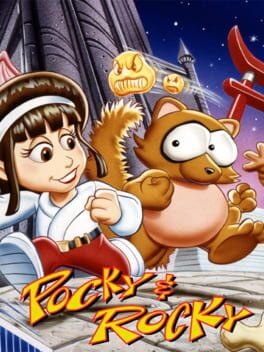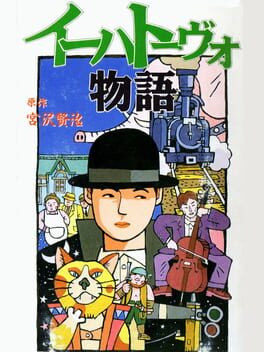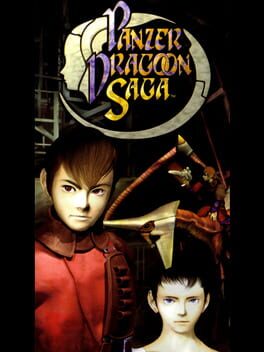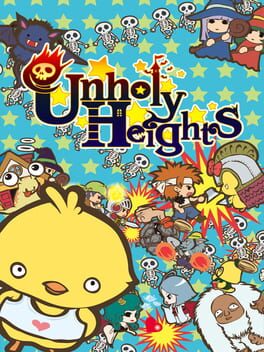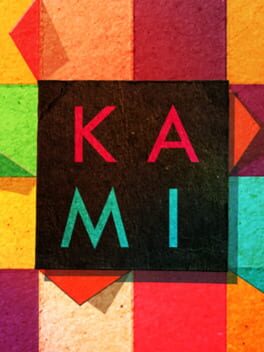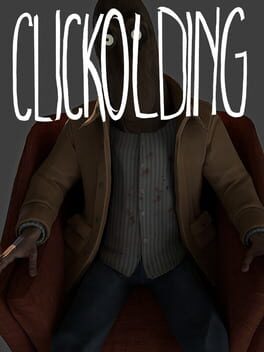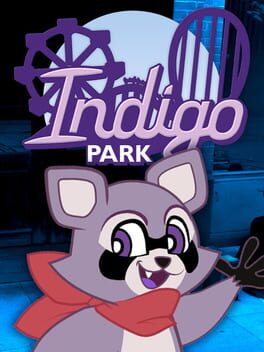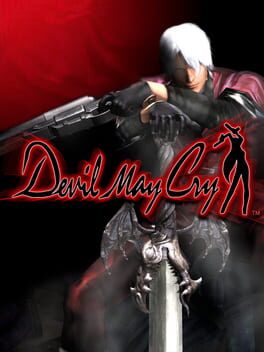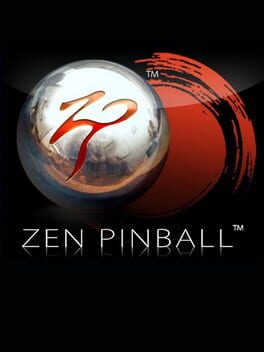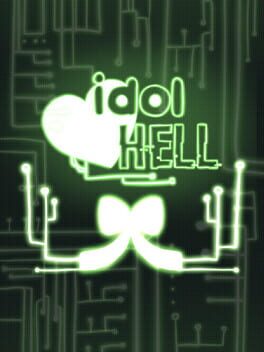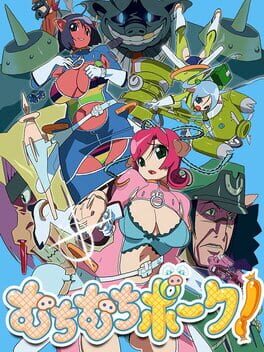Funbil
dream chaser, freak show, music composer. one'a those they/thems
Badges
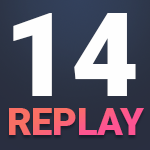
Replay '14
Participated in the 2014 Replay Event

GOTY '23
Participated in the 2023 Game of the Year Event

Famous
Gained 100+ followers

Shreked
Found the secret ogre page

Pinged
Mentioned by another user

Epic Gamer
Played 1000+ games

2 Years of Service
Being part of the Backloggd community for 2 years

Adored
Gained 300+ total review likes

GOTY '22
Participated in the 2022 Game of the Year Event

Trend Setter
Gained 50+ followers

Loved
Gained 100+ total review likes

Listed
Created 10+ public lists

Organized
Created a list folder with 5+ lists

Elite Gamer
Played 500+ games

Busy Day
Journaled 5+ games in a single day

Gone Gold
Received 5+ likes on a review while featured on the front page

Well Written
Gained 10+ likes on a single review

Liked
Gained 10+ total review likes

On Schedule
Journaled games once a day for a week straight

Donor
Liked 50+ reviews / lists

Popular
Gained 15+ followers

Roadtrip
Voted for at least 3 features on the roadmap

Best Friends
Become mutual friends with at least 3 others

Noticed
Gained 3+ followers

Gamer
Played 250+ games

N00b
Played 100+ games
